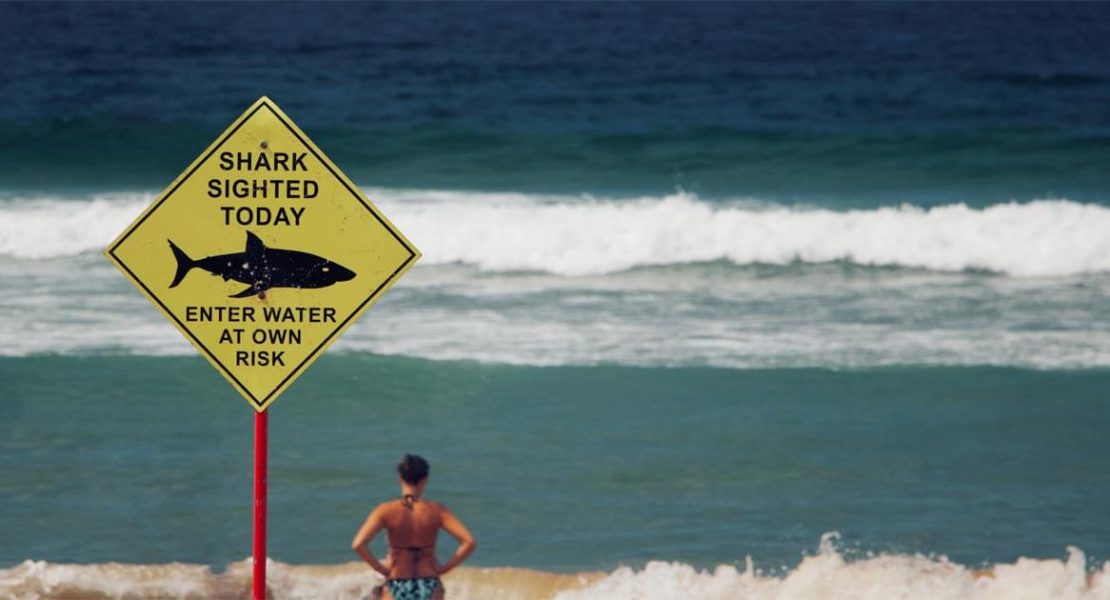Australia is a beautiful place. The people are friendly, the weather is warm, and the landscape is breathtaking. Each part of Australia is different, and there is so much to see and do. But while travelling around Australia can be an awe-inspiring, unforgettable experience, there are also risks.
If you’re thinking about travelling to Australia for a working holiday, you might wonder about your safety while backpacking around the country. While Australia is known as one of the safest countries in the world, crime still does happen, and backpackers are often targets. It’s important to be vigilant whilst travelling around Australia, as you would be in any other country.
You might have several concerns about your backpacking holiday in Australia. Common worries include theft, kidnapping, and assault. Some travellers may worry about Australia’s extreme weather or wild animals. It’s important to be aware of the reality of these risks, to be prepared, and to know how to avoid them. Knowledge is power. Read on to learn more about the potential dangers of travelling in Australia and how to keep yourself safe.
Remember, there is often a big discrepancy between the fear of a crime and the risk of it actually happening to you.
How dangerous are Australia’s animals?
You are unlikely to see or come into contact with dangerous animals in Australia, especially if you’re staying within populated cities. Annually, only about 3 people die in Australia from incidents related to wild animals. Compare this to the 1,500 people who die yearly in road accidents, or the 58 people who die from falling out of their beds!
As always, have common sense. Especially when travelling to regional areas, keep your distance from wild animals. Respect the environment you’re in. Do not try to feed or handle wild animals, even if they seem harmless. Do not swim in creeks or ponds unless accompanied by a trained professional. Stay away from beach areas with warning signs.
While spiders are commonly seen in Australian households, the majority of them are harmless and keep to themselves. Since the 1970s, when anti-venom was introduced, there have been no recorded spider-related deaths in Australia.
Be prepared for the Australian climate
Each area of Australia has a different climate, which all carry different risks. Make sure to research the weather in the area you’re travelling to, during the appropriate time of year, so you know how to prepare. Some regional areas in the north of Australia can reach temperatures of over 50 degrees Celsius, while temperatures in southern parts of the company can drop below freezing.
Australian cities often experience heatwaves where the temperature peaks at over 45 degrees for several days. When travelling in Australia during the summer, consider the following tips to stay safe:
- Wear sunscreen with 50+ SPF and reapply every 2 hours
- Wear sunglasses, a hat and loose, lightweight clothing
- Plan your outdoor activities during the coolest parts of the day
- Stay in the shade when outdoors
- Drink plenty of water
- Avoid exercising or performing strenuous activity in extreme heat
- Stay indoors if possible
- Keep an eye on your belongings
Always be vigilant. While Australia has a low crime rate, instances of petty theft are still common, especially in big cities. Keep your belongings close to you, and never have your phone or wallet on display. Avoid poorly lit areas and neighbourhoods, especially at night. If possible, travel with a partner or in a group.
Swim between the flags
Beaches are a popular hotspot for tourists, but they also pose serious risks if proper precautions aren’t taken. Most beaches are regularly patrolled by qualified Surf Lifesavers and Lifeguards who are there to keep you safe.
Supervised beaches are marked with red and yellow flags that designate the safe area to swim. Never swim outside of these flags. Never swim alone. Never swim while under the influence of alcohol. Read the signs at the entrance to the beach—they often outline important information for staying safe.
Use common sense
The most important thing to stay safe while travelling is to use common sense. Stay educated. Try not to travel alone. Stick to safe areas. Follow the tips outlined in this article, and enjoy your travels.
How best to stay safe when applying for jobs online?
Read the Backpacker Job Board safety guidelines.
Some useful travel safety advice resources;

